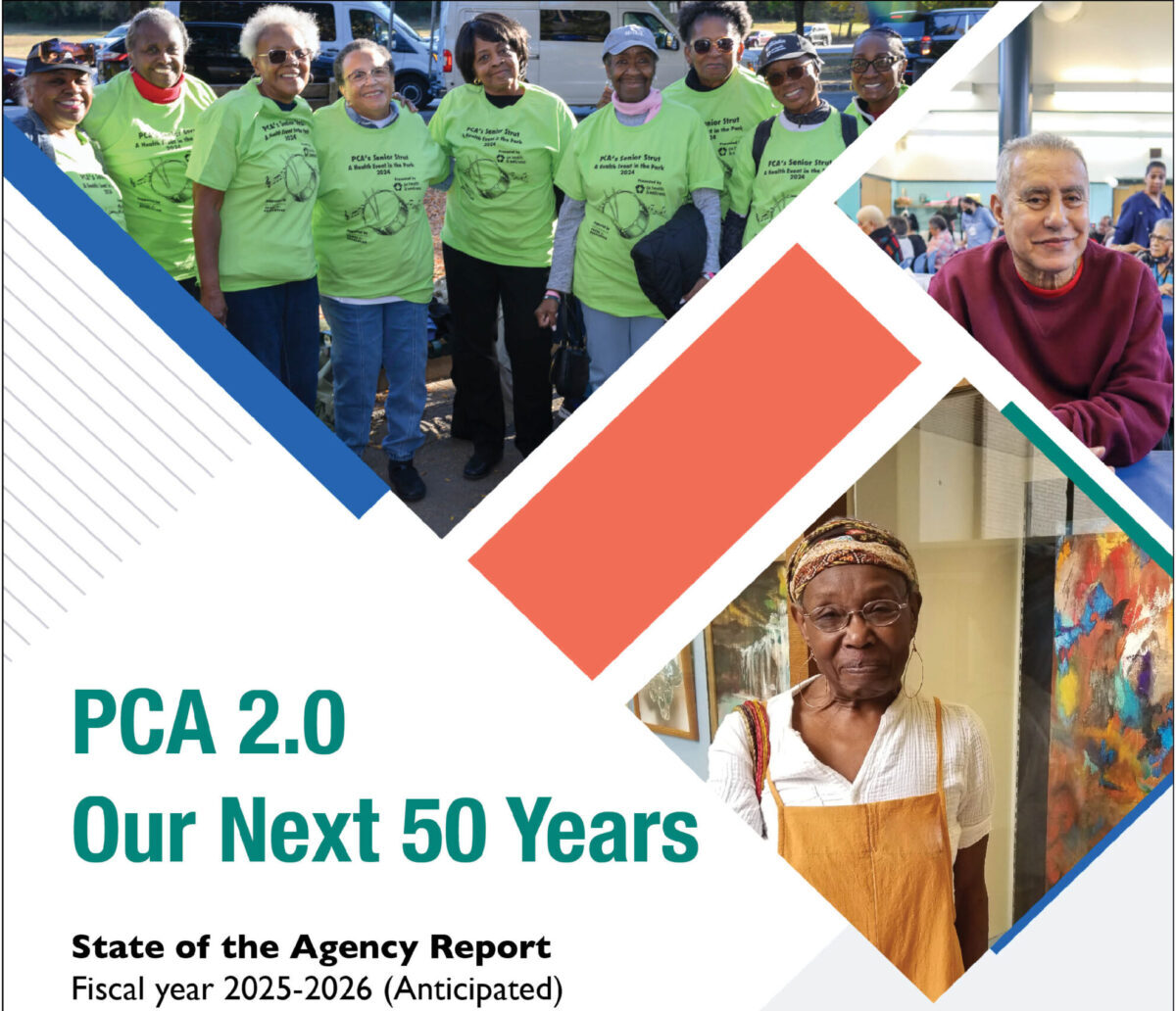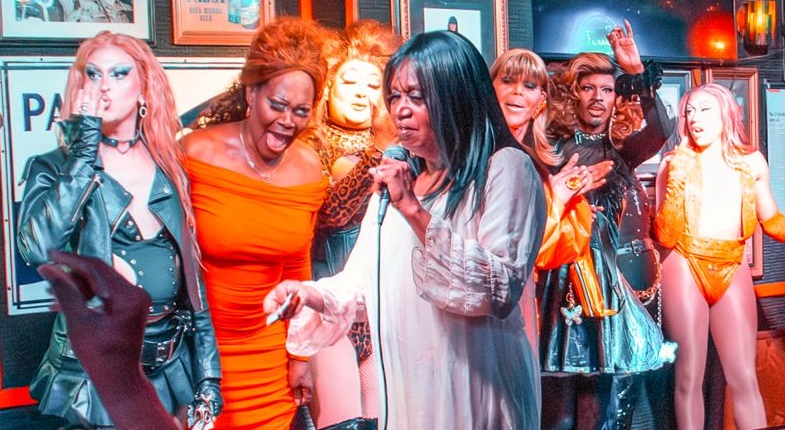Inclusion for LGBTQ+ older adults still room for improvement
By Jeremy Rodriguez
Linda Marucci, 77, remembers a time when homosexuality was listed as a “sociopathic personality disturbance” in the Diagnostic Statistical Manual of Mental Disorders.
When she was 18 and a family member found a love letter to a girlfriend, Linda was taken to the emergency room of a hospital in Pennsylvania, where her family member told the astonished person at the front desk that she “needed help for being homosexual.”
“I can still recall the frozen terror of being taken to the hospital to be ‘fixed,’” Marucci said.
Marucci was then given an appointment to see a psychiatrist, but thankfully, she was discharged after three months. She called the psychiatrist a “good guy” since he said the problem wasn’t her being a lesbian. It was finding other people who were.
While Marucci is now out to her colleagues and peers, she admits that she is still hesitant to disclose her identity to medical providers at times due to this initial experience. LGBTQ+ older adults are no stranger to similar narratives, albeit with some that ended on a less positive note than Marucci’s. She pointed out that this demographic may have fewer social supports due to not being married, having children, or family members to rely on.
“Some older LGBTQ+ people have just hidden their whole lives, [hiding] their orientation or their gender identity, because they fear being rejected and not being accepted,” Marucci said.
Marucci’s hypothesis is not unfounded. According to data from SAGE, a nonprofit dedicated to improving the lives of LGBTQ+ older adults, many LGBTQ+ older people reported delaying or avoiding necessary medical care out of fear of discrimination from health care staff. That same report also notes that LGBTQ+ older people are twice as likely to be single and live alone; four times less likely to have children; and are more likely to face poverty, homelessness and to have poor physical and mental health.
The data from SAGE also illustrates how the lack of cultural competence in LGBTQ+ health care disproportionately impacts transgender people. Nearly 1 in 4 transgender people report having to teach their health care provider about transgender issues to receive proper care. Furthermore, 15% report being asked invasive or unnecessary questions.
The report also details the climate LGBTQ+ older adults grew up in.
“LGBTQ+ older people came of age at a time when simply being openly LGBTQ+ could get them arrested, fired, or worse,” the report states. “As such, they have experienced discrimination, based on their perceived or actual sexual orientation and gender identity, on many fronts. Moreover, they’ve lived through many years in which this discrimination was condoned and even encouraged by society in the form of laws, policies, and cultural norms. Eighty-two percent report experiencing at least one instance of victimization, such as threats, harassment, or even physical assault.”
However, recent research has illustrated that the tide is turning. The Human Rights Campaign (HRC) and SAGE recently released the Long-Term Care Equality Index 2023, where 200 long-term care facilities across the country participated to demonstrate their commitment to LGBTQ+ older adults. According to the report, the majority of these communities documented that they include “sexual orientation” and “gender identity” in their resident nondiscrimination policy. Furthermore, most key executives engaged in LGBTQ+ competency training.
HRC and SAGE also stated that marketing and advertising to the LGBTQ+ community, while important, does not always reflect LGBTQ+ inclusion.
“During the LEI research and survey review process it was not uncommon to find that a senior housing community would include LGBTQ+ visual symbols like a pride flag on their website to indicate that they were inclusive, yet upon review of their non-discrimination policies we found that they had not been updated to be LGBTQ+ inclusive,” the report reads. “We encourage older LGBTQ+ people or those caring for them to look beyond the website symbols and ask a community about the policies and practices that make them LGBTQ+ inclusive.”
Some initiatives, such as PCA’s LGBTQ+ Advisory Council, aim to address systemic issues affecting LGBTQ+ older adults. As a result of initiatives like this, Marucci — who currently serves as a representative for the Council — thinks the climate around LGBTQ+ older adults will “move forward.”
“I think it is part of who we are as people and I may be optimistic and naive about this, but I think that the genuine goodness of people is really what matters,” she said. “As more people show who they are, being LGBTQ+ won’t matter. People will find more acceptance in their heart.”
Jeremy Rodriguez is a freelance journalist, blogger, editor and podcaster




